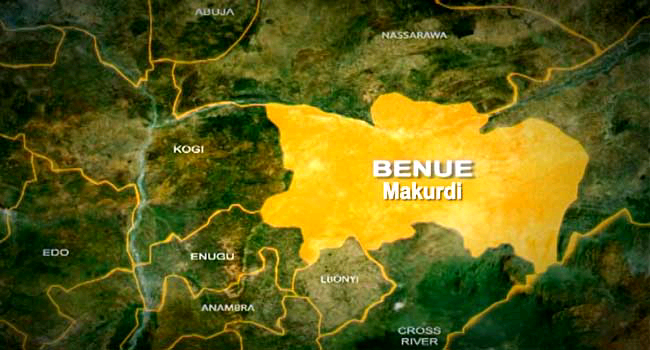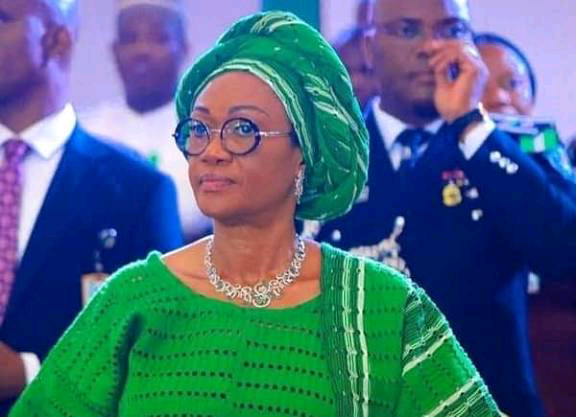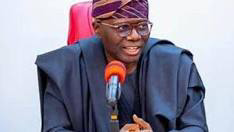Nigeria’s Economy 30% Bigger Than Earlier Estimates After GDP Rebase
Nigeria’s economy is significantly larger than previously thought, after the National Bureau of Statistics (NBS) updated the methodology used in calculating the country’s Gross Domestic Product (GDP), boosting the nation’s economic size by nearly 30 percent.
At a press briefing held Monday in Abuja, the NBS announced that the country’s GDP at current prices now stands at ₦372.8 trillion (approximately $243 billion) for the year 2024. This is a sharp increase from the ₦314 trillion figure reported for 2023, and far exceeds the $187.6 billion 2024 projection earlier issued by the International Monetary Fund (IMF).
The revision follows a shift in the base year for GDP computation from 2010 to 2019 as well as the incorporation of new and previously underrepresented sectors into national accounts. This is the first GDP rebase by the NBS since 2014, when the economy was last re-evaluated using 2010 as the base year.
According to the NBS, the latest rebase aims to reflect current economic realities more accurately by accounting for changes in consumption patterns, production structures, and new industries such as digital services, fintech, and the informal economy that have grown significantly in the past decade.
“This update offers a clearer, more comprehensive picture of Nigeria’s economic structure and performance,” said NBS Director of National Accounts, Adeyemi Adeniran. “It allows policymakers, investors, and analysts to make better-informed decisions based on more accurate and timely data.”
Economists have welcomed the new figures, noting that the larger economy could improve key economic ratios such as debt-to-GDP, thereby giving the government more room for fiscal planning.
However, they also caution that an increase in nominal GDP does not necessarily reflect an improvement in real economic conditions for most Nigerians, especially amid persistent inflation, high unemployment, and low per capita income.
Nigeria, Africa’s most populous country, remains heavily reliant on oil exports, though efforts to diversify the economy into agriculture, services, and tech sectors have gained traction in recent years.
The NBS said it will continue to refine its data collection and analysis tools to ensure that future GDP estimates reflect the evolving structure of the Nigerian economy.







